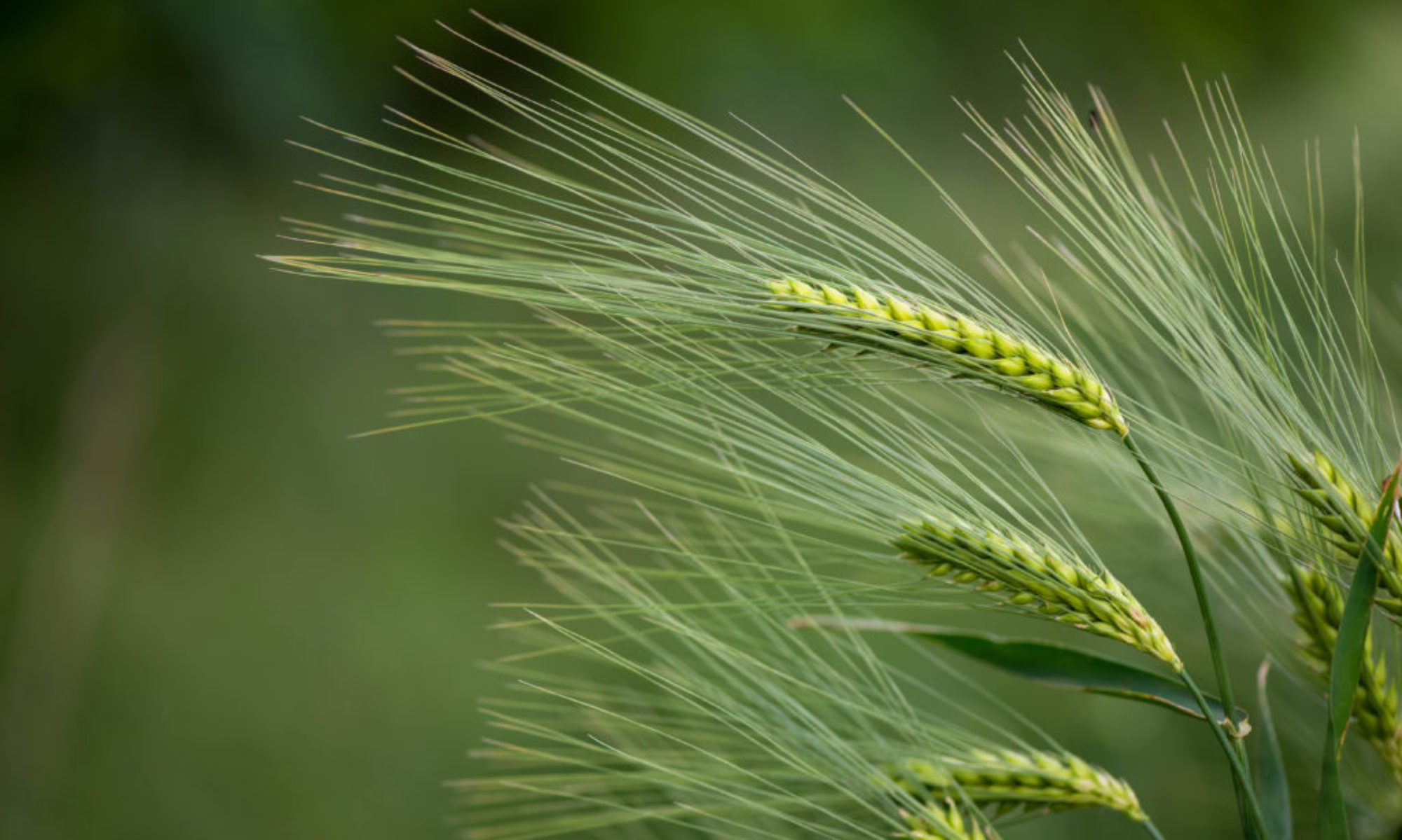This podcast from IFT Sci Dish focuses on how barley, with upcycling, can change the approach to food nutrition and sustainability. This episode featured 3 guests: Rosa Sanchez, Global Senior Director R&D Applications for EverGrain, Joy Nemerson, Events and Partnership Manager at Upcycled Food Association, and Jacqueline Hochreiter, Global Director Sustainability & Marketing, EverGrain.
The discussion starts off with each guest talking a little bit about their positions along with their goals, paths, and how they got to the role they are in now. All three women shared how they have a passion for sustainability and want to create better and more nutritious products to the market by using innovation from food waste.
Joy Nemerson began the conversation by talking about upcycling and explaining what upcycled food is. Upcycled food uses overlooked ingredients that would otherwise be discarded, but will now use the overlooked or ‘waste’ in other ways. For example, shells, rinds, pulp, etc., that would normally be considered waste, can actually be a rich source of nutrients, and will now be used through upcycling. Joy further explains what Upcycled Food Association is and does.
Jacqueline (Jackie) Hochreiter, then starts the discussion on upcycling barley grain specifically. She says through research, people have come to realize the potential of using every part of the barley grain which can create a lasting impact. EverGrain, which was created by AB InBev, focuses on finding a use for waste. Animal feed was the first idea that used recycled waste. Instead of buying and using expensive animal feed that contains harmful chemicals, we can use recycled grain that contains rich nutrients as animal feed instead. The lifecycle will become healthier as animals eat the nutrient-rich food, and humans will consume the animal meat or byproducts. Jackie finishes her discussion by explaining how EverGrain is upcycled certified, and what that means.
Rosa Sanchez jumps into the issue of retaining the functionality and flavor of upcycled barley grains while still preserving all the nutrients. She shares how barley rice protein is currently in the market for purchase, and how it offers better nutrition than other rice products while still tasting good. By using solubility, the mouthfeel protein taste that’s from plant-based protein is solved. Rosa also shares how EverGrain uses high quality standards for production and food safety to produce the best tasting and nutritious products. EverGrain works to minimize changing the barley grain as it’s being used.
All three guests then contribute to discussing why barley was chosen for upcycling. First, barley brings diversity. Usually a variety of blended proteins are used to increase the functionality while keeping the cost of production low, however, barley is unique and allows us to recreate food products without much effort. Brewers typically used barley for its starch content but would discard the ‘waste’ after using it. Leftover barley waste contains zero starch but is still rich in minerals and nutrients, which makes it the perfect choice for upcycling.
Barley byproduct isn’t going away since we will continue to make and consume beer, so finding niche markets and new uses for the barley byproduct is growing. Rosa shares how the current market has found success with upcycled beverages because of the nutrient content. They are continuing to create new products and recently added upcycled ice cream to the market.
The episode finished out by explaining how we the listeners can get involved. We’re encouraged to look at our favorite foods and think about potential waste that was part of the final product, and imagine ways the waste could be recycled into something new and delicious. Take a look at where our ingredients come from and open your mind to if there’s more sustainable options to use. Finally, see what you can do right in your own home.
